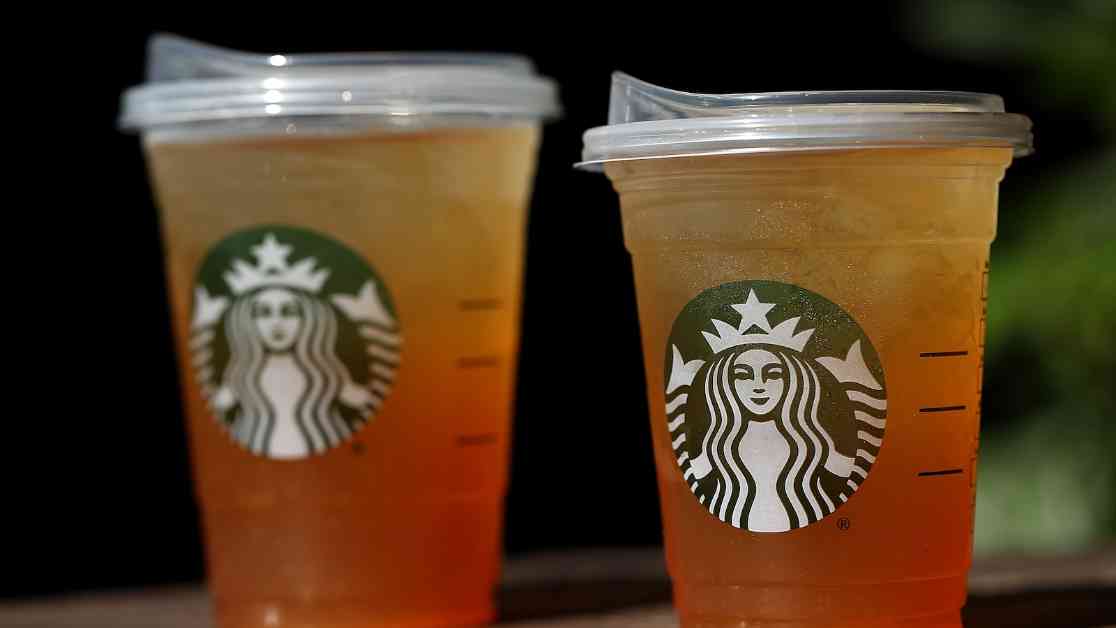Starbucks Goes Green with Paper Cups: A Sustainable Change
Starbucks customers nationwide were in for a surprise at the start of their week, finding their favorite iced beverages served in paper cups instead of the usual plastic. The coffee giant, headquartered in Seattle, recently announced that approximately 580 of its stores had begun the transition from polypropylene plastic cups to paper versions lined with a thin layer of bioplastic for liquid resistance.
The decision to switch to paper cups comes at a time when local ordinances are increasingly restricting the use of single-use plastics. Starbucks, however, credits the change to its own sustainability goals, particularly a commitment made in 2021 to make all its packaging reusable, recyclable, or compostable by 2030.
Jan Dell, an independent chemical engineer and founder of The Last Beach Cleanup, highlighted the shift as an acknowledgment that polypropylene cups, despite being technically recyclable, are not effectively recycled in practice. This revelation was based on investigations that tracked the fate of Starbucks’ plastic cups deposited in recycling bins, leading to landfills or incinerators rather than recycling centers.
Tracking Starbucks Cups: A Closer Look
The investigation spearheaded by Jan Dell was further expanded by CBS News, which found that most cups deposited in Starbucks recycling bins across the country ended up in landfills or incinerators. Despite Starbucks claiming that its polypropylene cups are recyclable in locations with proper infrastructure, reports indicate limited recycling capacity. In fact, a Greenpeace report identified that only about 1 percent of the polypropylene waste in the U.S. is recycled due to contamination and transport costs.
Greenpeace Weighs In: A Call for Reusables
Lisa Ramsden, a senior oceans campaigner for Greenpeace, emphasized the importance of Starbucks’ shift away from plastic cups. The move, she suggested, could be attributed to upcoming anti-plastic regulations in California and customer demands for more sustainable practices. While Starbucks is making compostable paper cups available and encouraging the use of reusable cups, the fate of its plastic cups in over 16,000 U.S. locations remains uncertain.
Ramsden’s sentiment was echoed by Dell, who believes that Starbucks’ transition marks a significant development in the campaign for polypropylene recycling. Despite efforts by recycling initiatives like The Recycling Partnership, which aims to improve polypropylene recycling rates, Starbucks’ shift away from plastic cups signifies a broader shift towards reusable containers.
In light of these developments, environmental advocates urge Starbucks to increase transparency about its sustainability plans and promote reusable containers over single-use alternatives. While the transition may take time due to supply chain limitations and operational challenges, Starbucks’ commitment to environmental responsibility remains a focal point in its journey towards a greener future.














